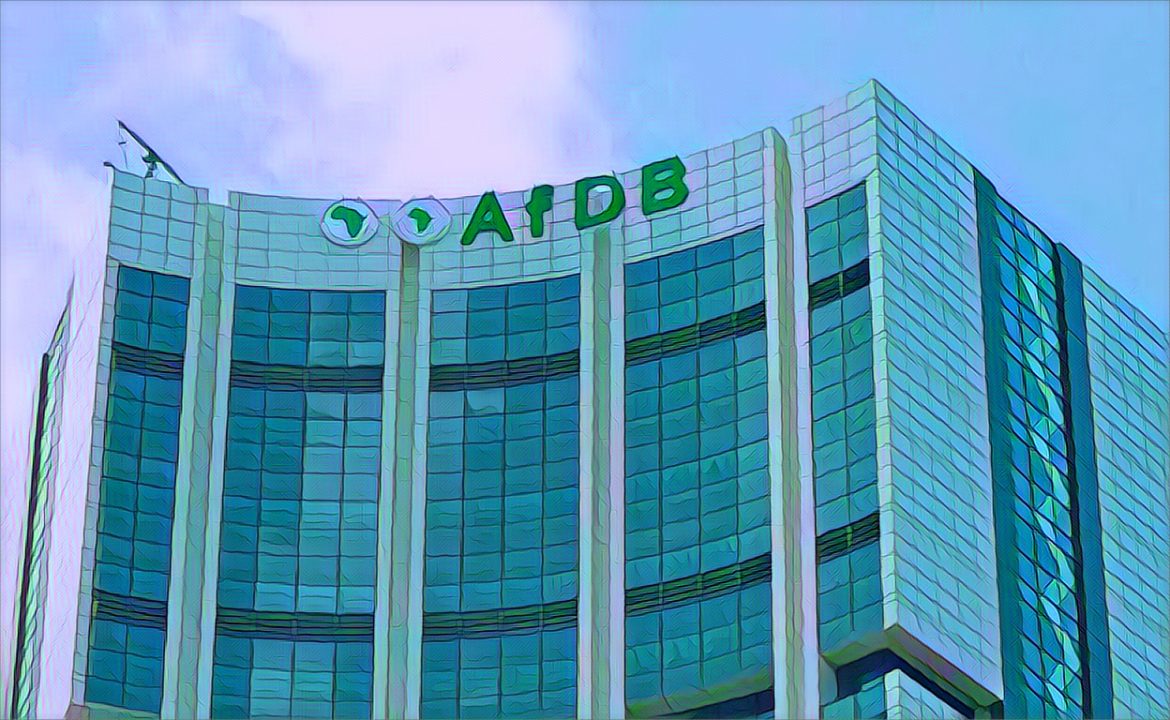The Zimbabwe’s Treasury is actively seeking consultancy services for legal drafting and to overhaul the short- and medium-term state enterprise reform framework. This initiative is being propelled by funding from the African Development Bank (AfDB), which has earmarked significant grants for the country’s fiscal and governance enhancement efforts.
Earlier reports highlighted that the AfDB had allocated US$800,000 out of a US$3 million grant dedicated to supporting Zimbabwe’s arrears clearance process. This grant, expected to be fully disbursed by the end of 2025, forms part of a broader financial assistance package aimed at improving the governance and accountability of Zimbabwe’s state-owned entities. Additionally, the Zimbabwe government received a US$5.32 million grant under the institutional support for state enterprises reform project, signifying a commitment to reforming and revitalizing these entities for improved performance and transparency.
In light of this financial backing, the Treasury issued expressions of interest on March 28, 2024, seeking expert consultancy services to implement these critical programs. The engagements aim to bolster the capacity for legal drafting within the office of the Attorney General and to conduct a thorough review of the existing state enterprise reform framework. The latter’s objective is to formulate a comprehensive reform program, complete with an actionable implementation plan, to steer the SEPs towards sustainable governance and operational models.
Despite the ambitious scope of these reforms, Zimbabwe’s financial landscape is overshadowed by a daunting external debt burden, reported by the European Union to stand at US$18.7 billion. The country’s inability to clear this debt has effectively barred it from accessing new loans and development support from most international lenders, underscoring the urgency of the Treasury’s reform initiatives.
The Treasury’s call for consultancy services extends to experienced consulting firms, universities, and higher learning institutions, emphasizing the need for expertise in legislative drafting, public administration, service delivery, and financial management. The reform project, expected to run for three months, seeks to invigorate the governance structures of SOEs, enhancing their capacity to contribute more effectively to Zimbabwe’s economy.
The significance of this reform initiative cannot be overstated, given the historical contribution of commercial SEPs to the country’s GDP, which has drastically declined from 40% to approximately 14%. This decline highlights the pressing need for a strategic overhaul to revive the SOEs’ financial health and operational efficiency.
As Zimbabwe embarks on this ambitious reform journey, the successful implementation of these programs is pivotal to unlocking the potential of its state-owned enterprises. By enhancing governance, accountability, and operational standards, the country aims to restore the viability of over 100 technically insolvent entities and significantly boost their contribution to the national economy. With an estimated US$30 billion required for the recapitalization of all state entities, the road ahead is challenging yet essential for Zimbabwe’s path to fiscal stability and economic growth.


